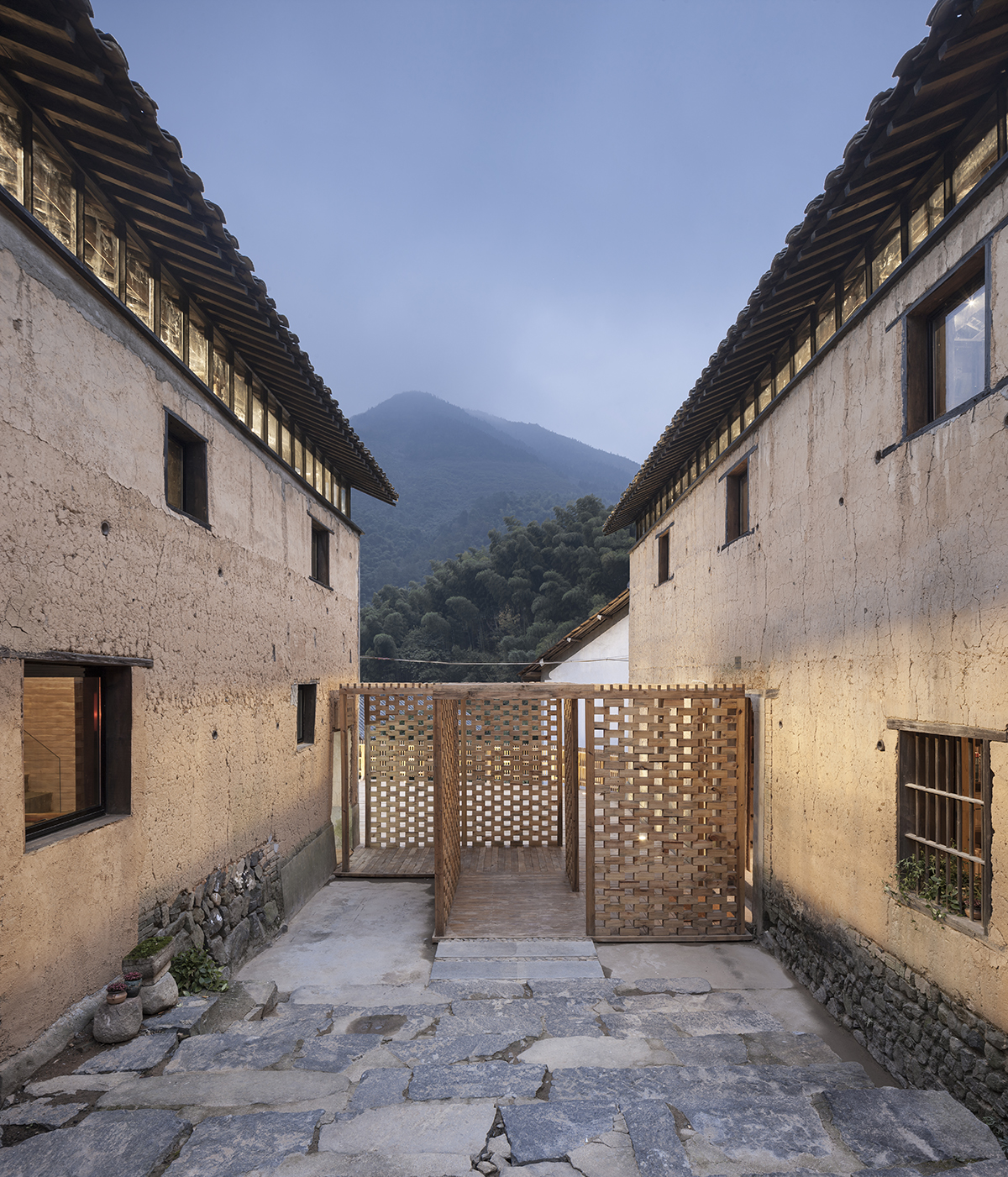
“Without flexing one’s muscles”: the regeneration projects of Tao+C and AZL in the wake of the “prosperous society” of contemporary China
In 2019, in the village of Qinlongwu, in the heart of the Zhejiang province’s rural area, the newly established Shanghai studio Atelier Tao+C created a building with a complex and alien functional program: a library capable of hosting a “capsule hotel”, offering to the young and emerging middle class an alternative rural accommodation option. This project was anticipated in 2015, a few kilometers away, by the more expert designer Zheng Lei, who created a community library for the ShanShe ethnic minority in the DaiJiaShan village. Both originate from cultural investments that aim at reinforcing territorial ties, dealing with transcalar processes, political understanding and planning action. They fall within more significant investments involving local institutions wishing to revive depressed areas through cultural operations, and other metropolitan investors open to experimenting with new markets. This process has to be interpreted in the logic of China’s national policies: the country’s fiveyear development plans are directed towards its countryside. However, the projects do not translate those political leaps forward into personal authorship, but instead apply refinements on something that the landscape already suggests. This attitude measures the intimate spatial instances through which the new generation of Chinese architects shape their own identity: avoiding self-representation and disciplinary sovereignty, it insists on dilated observation times, multi-perspectives and the desire to verify the tenacity of possible territorial links in the long term.







